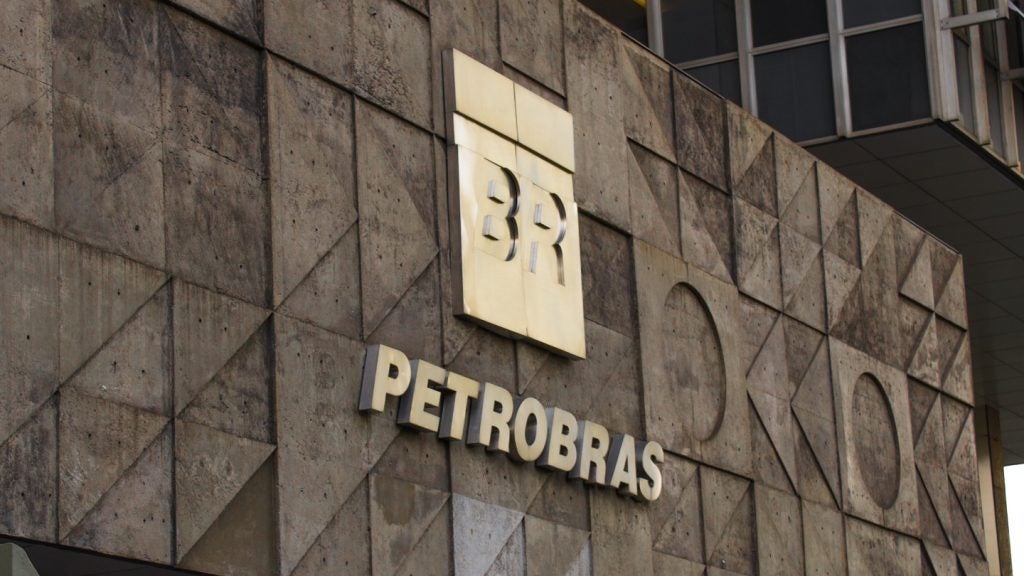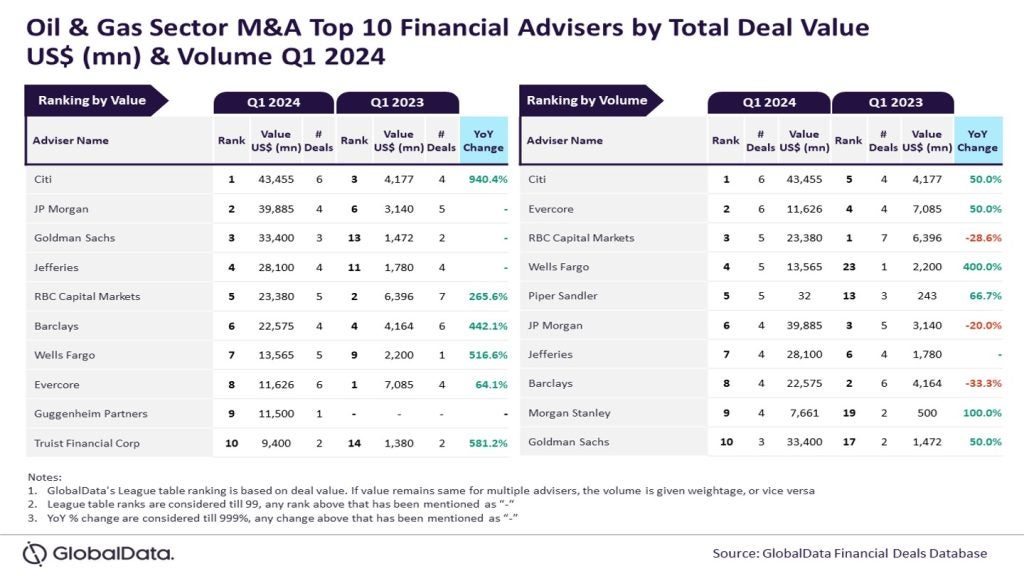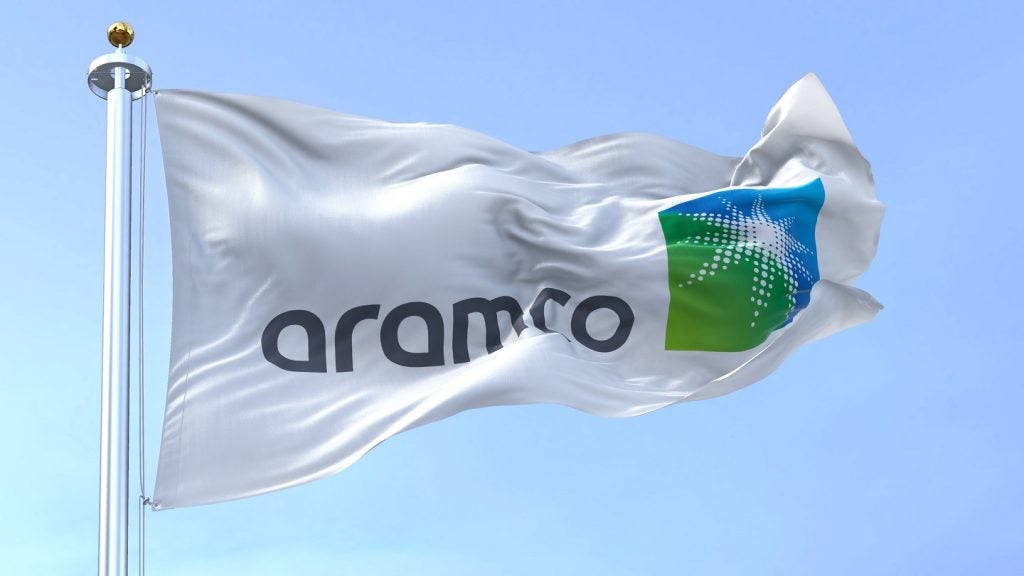Repsol has filed a patent for a process to treat plastics pyrolysis oil. The process involves selective hydrogenation, hydrotreatment, hydrocracking, separation, fractionation, and recycling steps to obtain various liquid and gas streams. The patent aims to improve the treatment of feedstock containing plastics pyrolysis oil. GlobalData’s report on Repsol gives a 360-degree view of the company including its patenting strategy. Buy the report here.
According to GlobalData’s company profile on Repsol, Photoelectrochemical water splitting was a key innovation area identified from patents. Repsol's grant share as of September 2023 was 54%. Grant share is based on the ratio of number of grants to total number of patents.
Process for treating plastics pyrolysis oil
A recently filed patent (Publication Number: US20230287283A1) describes a process for treating plastics pyrolysis oil. The process involves several steps to convert the feedstock into various hydrocarbon-based products.
The first step is a selective hydrogenation, where the feedstock is reacted with a hydrogen gas stream using a selective hydrogenation catalyst. This step is carried out at a temperature between 100 and 280°C, a hydrogen pressure between 1.0 and 10.0 MPa, and an hourly space velocity between 0.3 and 10.0 h-1. The result is a hydrogenated effluent.
The hydrogenated effluent is then subjected to a hydrotreatment step, where it is reacted with hydrogen in the presence of a hydrotreatment catalyst. This step is performed at a temperature between 250 and 430°C, a hydrogen pressure between 1.0 and 10.0 MPa, and an hourly space velocity between 0.1 and 10.0 h-1. The outcome is a hydrotreatment effluent.
Next, the hydrotreatment effluent undergoes a first hydrocracking step, where it is reacted with hydrogen using a hydrocracking catalyst. This step is carried out at a temperature between 250 and 480°C, a hydrogen pressure between 1.5 and 25.0 MPa, and an hourly space velocity between 0.1 and 10.0 h-1. The result is a first hydrocracked effluent.
The first hydrocracked effluent is then separated into gaseous, aqueous, and hydrocarbon-based effluents. The hydrocarbon-based effluent is fractionated into gas and two liquid hydrocarbon-based streams: a naphtha cut with a boiling point of less than or equal to 175°C and a hydrocarbon cut with a boiling point greater than 175°C.
The hydrocarbon cut with a boiling point greater than 175°C is subjected to a second hydrocracking step using a hydrocracking catalyst. This step is performed at a temperature between 250 and 480°C, a hydrogen pressure between 1.5 and 25.0 MPa, and an hourly space velocity between 0.1 and 10.0 h-1. The outcome is a second hydrocracked effluent.
Additionally, the process includes a recycling step, where a fraction of the hydrocarbon-based effluent or the naphtha cut is sent back into the selective hydrogenation and/or hydrotreatment steps.
The patent also mentions other variations and options for the process, such as pretreating the feedstock, using multiple reactors, injecting an amine stream, and using different catalysts and zeolites.
Overall, this patented process offers a comprehensive method for treating plastics pyrolysis oil and producing various hydrocarbon-based products.
To know more about GlobalData’s detailed insights on Repsol, buy the report here.
Premium Insights
From

The gold standard of business intelligence.
Blending expert knowledge with cutting-edge technology, GlobalData’s unrivalled proprietary data will enable you to decode what’s happening in your market. You can make better informed decisions and gain a future-proof advantage over your competitors.






